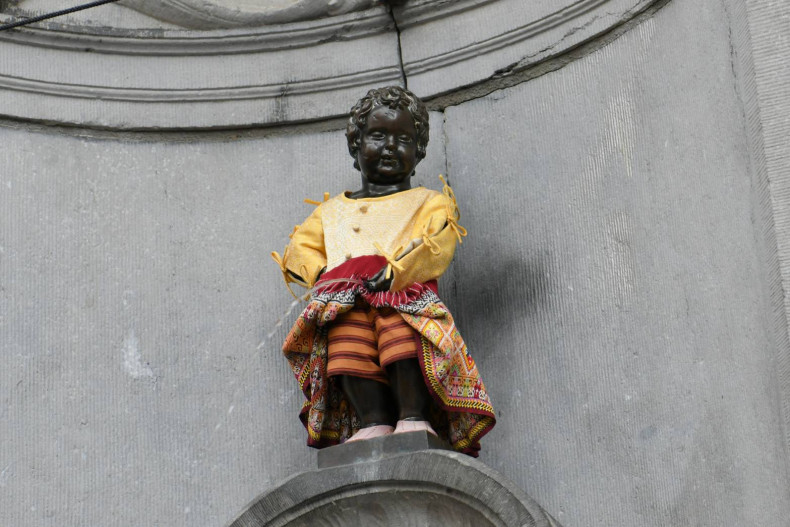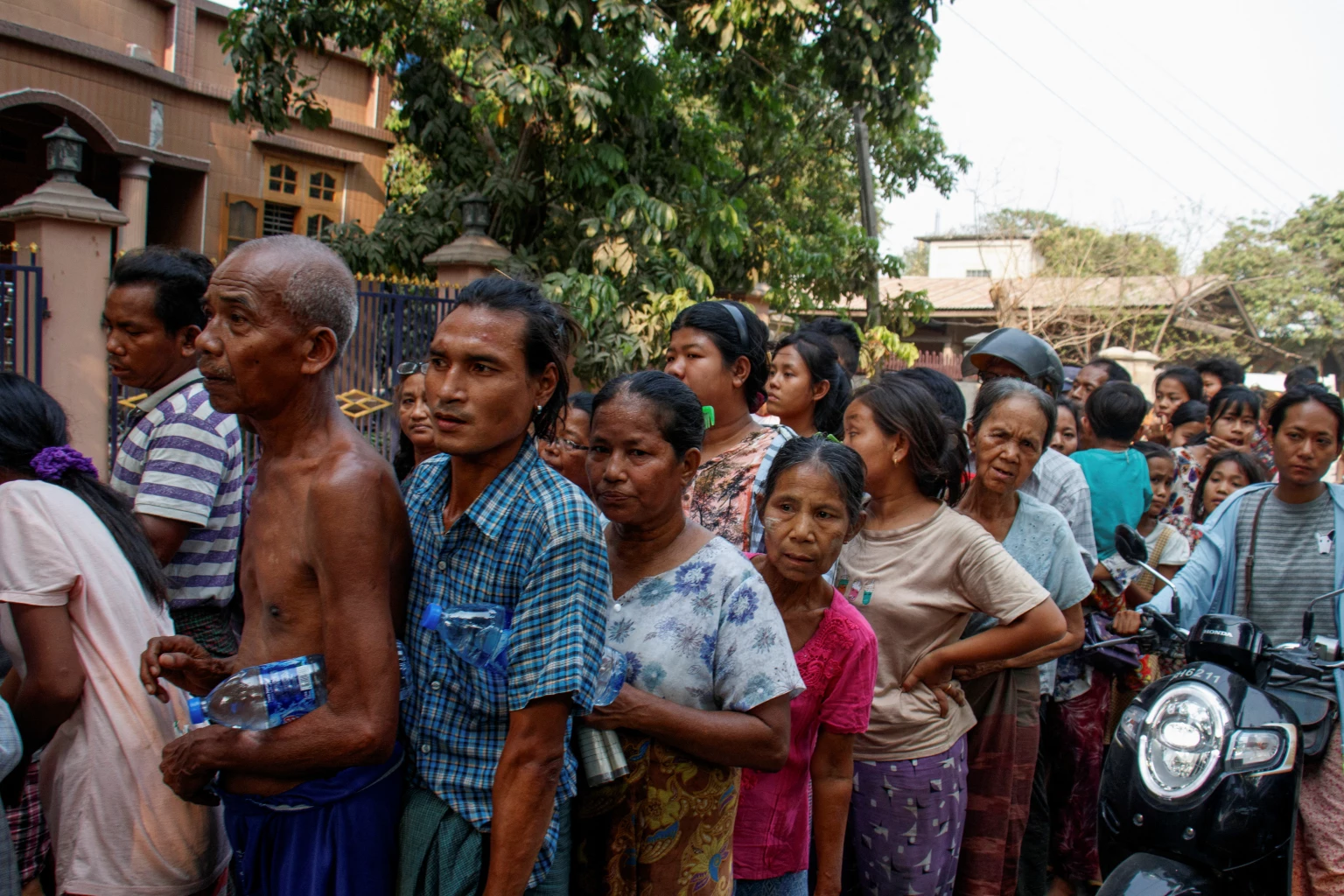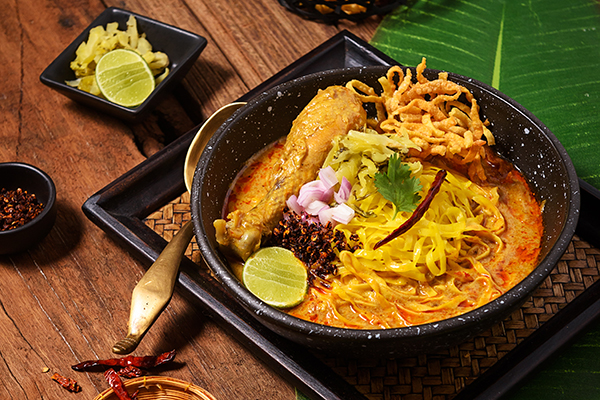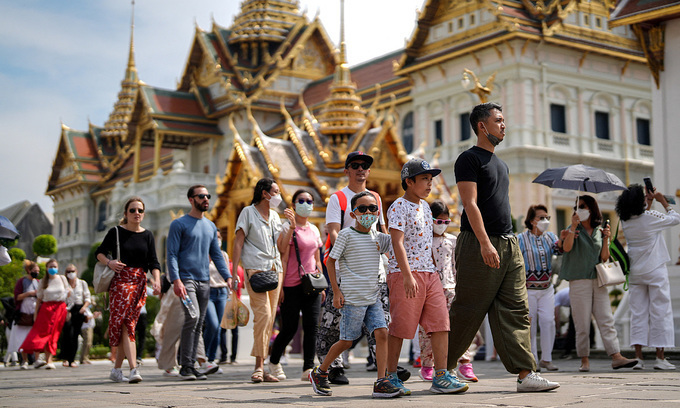A Bold Display of Cultural Diplomacy
Showcasing Thai Textiles Globally
On July 13, 2025, Thailand’s Department of Intellectual Property unveiled a vibrant cultural initiative by dressing Belgium’s iconic Manneken Pis statue in traditional Thai textiles. Partnering with acclaimed designer Shone Puipia, this project marks Thailand’s first official outfit donation to Brussels in 30 years. The collaboration highlights the nation’s push to elevate its soft power through unique, regionally distinct fabrics.
Shone Puipia’s Creative Vision
Blending Tradition with Modern Flair
Shone Puipia, a graduate of Antwerp’s Royal Academy of Fine Arts and founder of his namesake brand, designed the statue’s outfit using two Geographical Indication (GI) fabrics: Lamphun Yok Dok silk and Chiang Mai’s Mae Chaem teen chok. His design, titled “Spot the Rabbit, Pick the Flower,” infuses traditional Thai craftsmanship with a playful, contemporary edge, ensuring the statue stands out as a symbol of cultural fusion.
A Gender-Fluid Fashion Statement
Redefining Tradition with Inclusivity
The outfit features a skirt-trouser hybrid adorned with a decorative bow, embodying gender-fluid fashion and inclusivity. This modern twist on the traditionally male Manneken Pis statue merges Thai textile heritage with progressive design principles. The creative approach not only captivates onlookers but also sparks conversations about diversity and cultural expression through fashion.
Boosting Thailand’s Soft Power
Elevating GI Products Worldwide
Thailand’s government is leveraging this initiative to promote its 234 registered GI products, which are tied to specific regions and cultural practices. By showcasing Lamphun and Chiang Mai fabrics on a global stage, the project underscores the commercial and cultural value of these textiles. The Department of Intellectual Property aims to enhance Thailand’s reputation as a hub of creativity and tradition.
Strengthening the Creative Economy
Bridging Heritage and Innovation
The Manneken Pis project aligns with Thailand’s broader soft power strategy, which seeks to integrate cultural identity with modern economic goals. By collaborating with a designer like Puipia, the initiative bridges traditional craftsmanship with cutting-edge fashion, fostering a vibrant creative economy. This approach positions Thai textiles as both heritage treasures and marketable global products.
A Milestone for Thai-Belgian Ties
Celebrating Cultural Exchange
Dressing Manneken Pis in Thai fabrics symbolizes a meaningful cultural exchange between Thailand and Belgium. The initiative not only introduces international audiences to the intricate beauty of Thai GI textiles but also strengthens diplomatic ties through shared artistic endeavors. As a landmark project, it sets the stage for future collaborations, showcasing Thailand’s cultural richness to the world.









